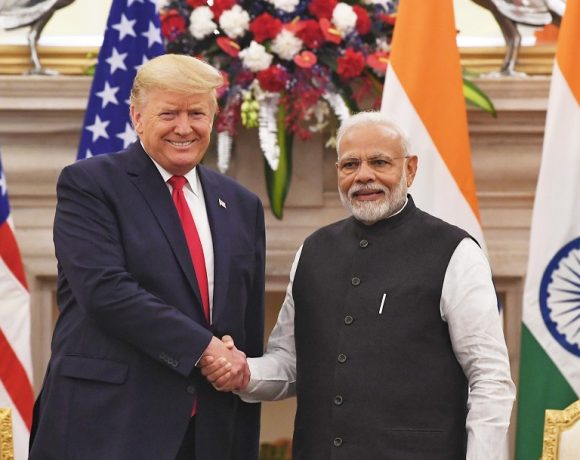
U.S. Raises Alarm Over Pakistan’s Development of Nuclear-Capable ICBM
Fresh U.S. intelligence assessments suggest that Pakistan is in the advanced stages of developing a nuclear-capable intercontinental ballistic missile (ICBM), with a projected range sufficient to target the continental United States. This revelation has set off alarm bells in Washington, triggering diplomatic concern and renewed calls for global vigilance regarding nuclear proliferation.
Pakistan’s Shift Towards Long-Range Deterrence
Until recently, Pakistan’s missile arsenal had been largely focused on regional deterrence, primarily against India. However, the new intelligence indicates that Islamabad has transitioned its ambitions toward a strategic arsenal capable of exerting influence far beyond South Asia. The ICBM under development would reportedly go well beyond the reach of existing missiles like Shaheen-III or the MIRV-capable Ababeel, crossing a threshold that only a few nations globally have reached.
The report suggests that this long-range system could be part of a broader effort by Pakistan to deter not just regional rivals, but also potential intervention by global powers. Such a capability would fundamentally alter the strategic landscape by giving Pakistan leverage over nations previously outside its strike range.
U.S. Sanctions and Security Repercussions
In response to growing concerns, the U.S. imposed sanctions in late 2024 on Pakistan’s National Development Complex and affiliated defense entities involved in missile development. American officials have publicly warned that Islamabad’s efforts to build missiles capable of striking the U.S. mainland constitute an “emerging threat” to international peace and stability.
These developments have revived debates in Washington over how to treat Pakistan—a traditional recipient of U.S. military aid but increasingly aligned with China—as a potential long-range nuclear threat. Analysts believe that if the ICBM program progresses, Washington will be forced to recalibrate its strategic posture toward Islamabad.
Strategic Implications and Regional Fallout
Pakistan’s move has far-reaching consequences. Regionally, it could provoke a new arms race, with India possibly accelerating its own ballistic missile and missile defense programs. Globally, it challenges efforts to limit proliferation and comes at a time when other flashpoints, such as North Korea and Iran, are already testing the limits of global non-proliferation regimes.
Further complicating the situation is the suspected involvement of Chinese support in Pakistan’s missile development program. American intelligence agencies have long suspected technology transfer and deep military cooperation between Beijing and Islamabad, which, if confirmed in the ICBM context, could escalate tensions in the Indo-Pacific region.


















